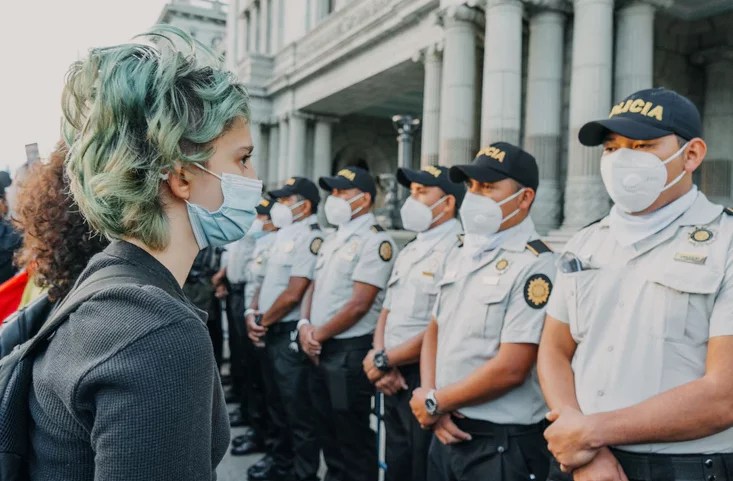
Schengen area questioned by covid
Posted on July 29, 2022
–
to me
+
The free movement of people is one of the founding principles of the European Union, as it allows all citizens to move freely within the territory of the member states. This principle, enshrined in the Treaty of Rome in 1957, has undergone many changes, and has shaped European construction over the decades.
The free movement of people: more than half a century of existence
Initially limited to workers from member states, the principle was extended on 14 June 1985 when the Schengen agreements were signed between France, the FRG, Luxembourg, Belgium and the Netherlands, regarding phasing out controls at their common borders.
In view of the reluctance of some countries, the an agreement Schengen, i.e The agreement guaranteeing the free movement of persons and the lifting of controls within the borders of the Schengen area “, It came into force only ten years later, in March 1995.
Henceforth, the signatory states, ie twenty-two member states and four so-called Associated” (Switzerland, Norway, Iceland and Liechtenstein), it no longer controls its neighboring borders, it is content with a common external border with harmonized rules.
Despite the strict rules, this principle is regularly called into question, allowing the state to re-establish control over its borders in the event of a violation:
- public order,
- home security,
- for a maximum period of six months,
- After consulting with other members of the Schengen area.
For example, the migration crisis in 2015, and the succession of attacks on French soil in 2015, led many countries, including France, to re-impose border controls; More succinctly, Poland did the same during Euro 2012 in order to manage the growing influx of supporters at the Ukrainian border.
Covid crisis and the Schengen area
The Covid-19 health crisis has prompted leaders to make extraordinary decisions such as confinement, which has led to an almost complete suspension of economic activity and travel.
Therefore, many member states of the Schengen area have restricted access to their territory and controlled cross-border traffic, which can only be done because of “ persuasive motive “.
These limitations have long been associated with the development of the pandemic itself, for understandable health reasons. However, with this epidemic receding, we can now question the maintenance of these measures, such as project of law The introduction of a controlled “health certificate” at the border, as it is being discussed in Parliament at this very moment.
Since the epidemiological situation has already improved significantly since 2020, the legality of these measures raises questions today. Are they really necessary? Would they not serve other compelling ends, such as maintaining public order or protecting national security?
Hence, this situation raises concerns, arguing that the virus will continue to spread, even if the health crisis actually ends, which is an unlimited restriction at the borders.

“Organizer. Social media geek. General communicator. Bacon scholar. Proud pop culture trailblazer.”
